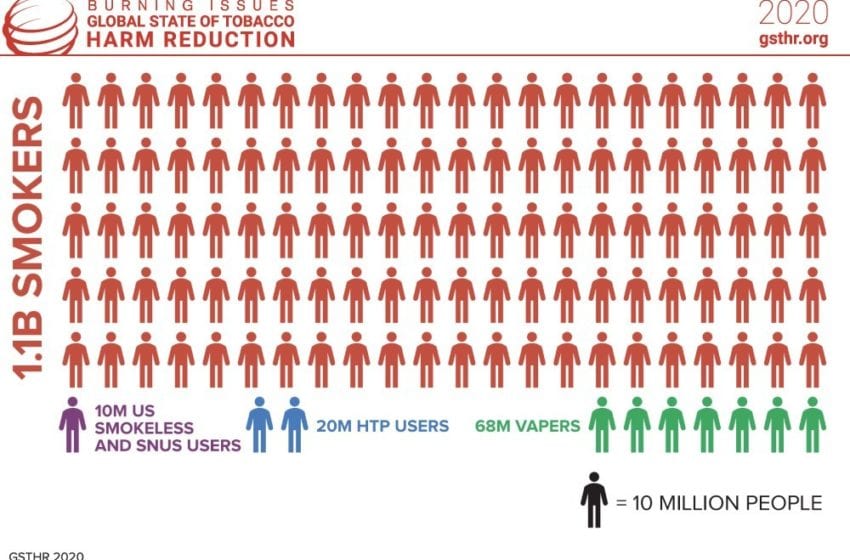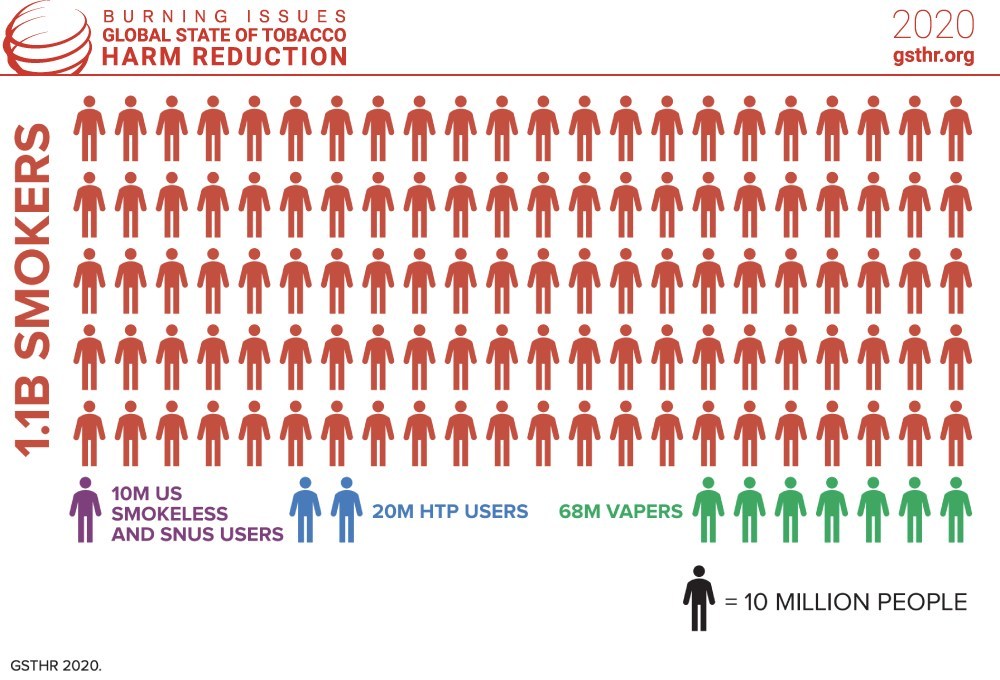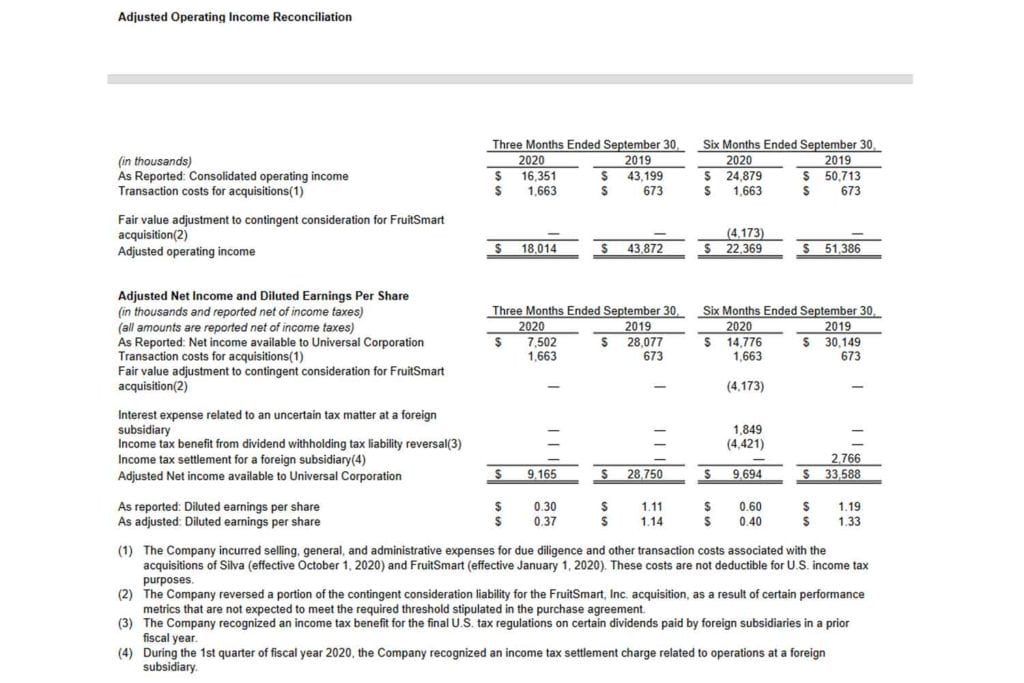
Tobacco harm reduction advocates have urged Philippine President Rodrigo Duterte to revoke the foreign funding received by the Food and Drug Administration (FDA), reports The Manila Times. The groups are concerned that the funds will unduly influence the drafting of the guidelines for the regulation of heated-tobacco products (HTPs).
“We appeal to President Duterte to rescind the foreign grants received by the Philippine Food and Drug Administration, which cast a dark cloud on the agency’s role as an independent regulator and protector of public health,” said Anton Israel, president of the Nicotine Consumers Union of the Philippines.
The FDA has admitted that it received grants from foreign anti-tobacco groups The Union and Bloomberg, which advocate prohibition for all tobacco products, including e-cigarettes and HTPs.
Israel said the FDA receiving money from the said groups was a violation of the Code of Conduct and Ethical Standards for Public Officials and Employees.

Clarisse Virgino, the Philippines’ representative to the Coalition of Asia Pacific Tobacco Harm Reduction Advocates, said the funds received from anti-vaping groups would jeopardize the FDA’s treatment of tobacco harm reduction products such as e-cigarettes and HTPs.
“E-cigarettes and heated-tobacco products are not pharmaceutical products and should not be regulated as such. What we need is a fair and risk-proportionate regulation that will encourage smokers to reduce their exposure to smoke, which is the one that causes all these diseases,” she continued.
The groups called for impartial and reasonable regulations based on scientific evidence.




















